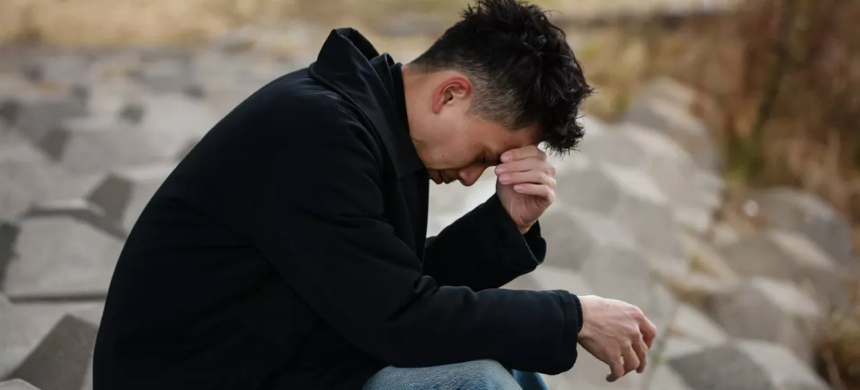A recent international study has revealed that suicide risk peaks on Mondays worldwide, with the start of the workweek correlating to increased suicide rates. Conducted by Yoonhee Kim, an associate professor at the University of Tokyo, the research indicates that 15-18% of global suicides occur on Mondays, a trend consistent across various regions, including North America, Asia, and Europe.
Read More: Foods That Help Alleviate Anxiety
- Data Analysis: The study analyzed data from 740 locations in 26 countries over nearly 50 years, revealing that weekends generally pose a lower risk for suicides. However, anomalies exist; in regions like Central and South America, Finland, and South Africa, suicide rates increase over the weekend, highlighting the influence of cultural and societal factors on mental health.
- Cultural Differences: According to Martin Plöderl, a clinical psychologist at Paracelsus Medical University in Austria, factors such as alcohol consumption, work stress, and isolation can impact suicide risk differently based on local customs, holidays, and work-life balance. He noted similar patterns in Austria, where suicides spike on Mondays and after major holidays but decrease during weekends and around Christmas.
- New Year’s Impact: The research also highlighted a surge in suicides on New Year’s Day, particularly among men. Contributing factors include increased alcohol consumption and the “broken-promise effect,” where unmet expectations for a fresh start lead to despair.
- “Blue Monday” Phenomenon: The study noted the impact of “Blue Monday,” characterized by heightened stress at the beginning of the week, especially in the United States and other Western countries. Men are found to be more vulnerable to these trends, potentially due to greater work-related pressures and social isolation compared to women, who often have more extensive support networks.
The findings, published in the BMJ, emphasize the need for enhanced mental health resources and preventive strategies specifically designed for these high-risk periods. Understanding the socio-cultural factors at play can help tailor interventions to address the unique challenges faced by different populations, especially during vulnerable times like the start of the workweek or after major holidays.










